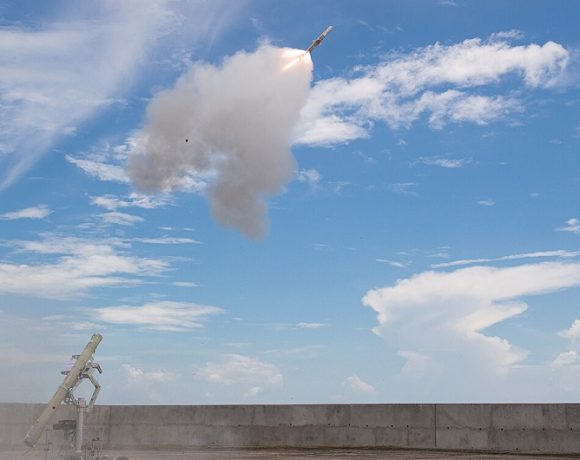
Pakistan Advises Citizens to Avoid Iran, Iraq Amid Middle East Crisis
Government of Pakistan has issued an urgent travel advisory, warning its citizens—particularly religious pilgrims—to avoid non-essential travel to Iran and Iraq in light of escalating tensions across the Middle East. The advisory comes as regional security conditions deteriorate following a series of military strikes and airspace disruptions.
Pakistan issues travel alert
The Foreign Office has strongly advised that all planned pilgrimages and non-essential visits to major religious destinations such as Mashhad, Qom, Najaf, and Karbala be postponed. The advisory cited concerns over volatile security conditions following recent military actions in the region and emphasized that the safety of Pakistani nationals remains the government’s top priority.
Emergency coordination underway
A Crisis Management Cell has been activated to monitor the situation around the clock. Pakistan’s embassies in Tehran and Baghdad have been tasked with assisting citizens currently abroad and are working in coordination with local authorities to support any necessary emergency measures, including safe repatriation.
Airspace and conflict impact
The advisory follows heightened regional tensions triggered by Israeli strikes on Iranian infrastructure, which have resulted in retaliatory actions and a general destabilization of the area. Iraq has temporarily closed its airspace due to security threats, leading to widespread flight cancellations and rerouting, further complicating travel logistics for Pakistanis abroad.
Pilgrims most affected
The travel advisory is particularly significant for the large number of Pakistani pilgrims who travel regularly to sacred sites in Iran and Iraq. Officials are urging restraint, advising against travel until tensions ease. The Foreign Office reaffirmed that it stands ready to assist in case evacuations become necessary and emphasized ongoing coordination with airline carriers and foreign missions.


















